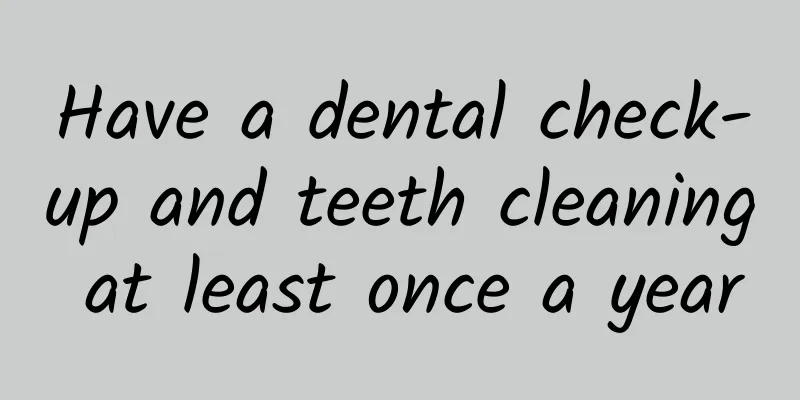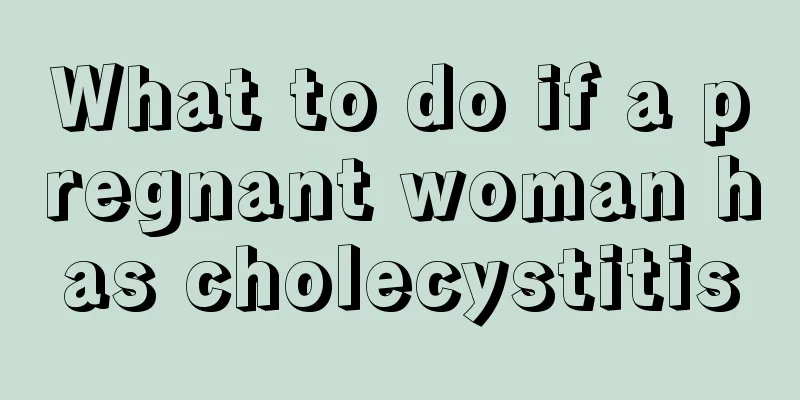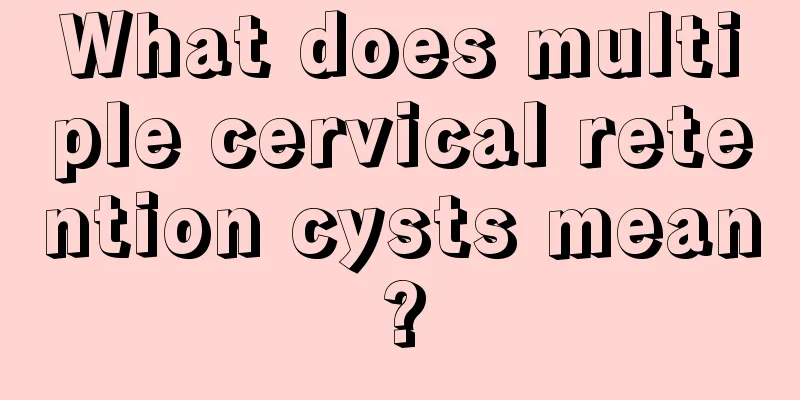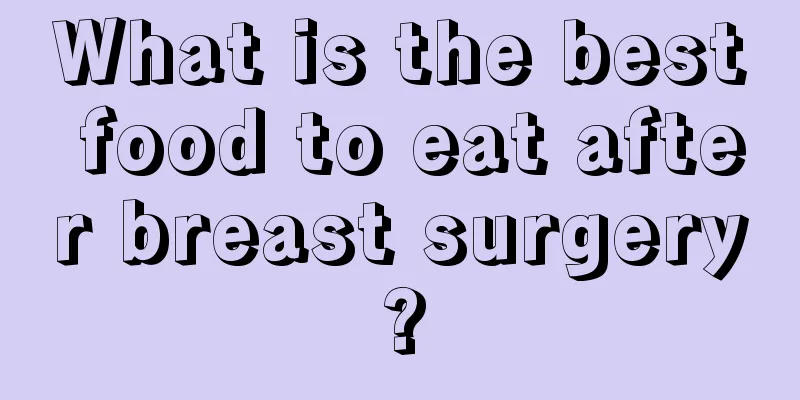Have a dental check-up and teeth cleaning at least once a year

|
my country has a large population base and the aging population is becoming increasingly serious. The elderly have declining physical functions, many underlying diseases, and oral diseases develop rapidly and have weak self-repair capabilities. In addition, many elderly people do not pay attention to oral problems. Incorrect traditional concepts such as "old teeth fall out" and "no need to treat teeth if they don't hurt" are deeply rooted. Therefore, the oral problems of many elderly patients are often complex and serious, difficult to treat, expensive, long-term, and ineffective. Common oral diseases among the elderly include root caries, periodontal disease, edentulous and missing teeth. The characteristic of dental caries in the elderly is that root caries often occur. As they age, if oral hygiene is not well maintained, the elderly are prone to gum atrophy, which causes the gap between teeth to widen, making it difficult to clean the adjacent gaps, and making it easy for food to get stuck in the teeth after eating. If it is not effectively cleaned, the corresponding parts are prone to aggravated gum recession or root caries. Since the elderly secrete less saliva, their dental caries develop faster than young people. Figure caption: The picture of root caries comes from the fifth edition of "Dental Endodontics" published by People's Medical Publishing House Periodontal disease is also one of the common oral diseases in the elderly. The fourth national oral health epidemiological survey showed that the periodontal health rate of the elderly aged 65-74 in my country was only 9.1%. Periodontal diseases include gingivitis and periodontitis. If the teeth are not cleaned well, plaque will accumulate, irritating the gums and causing gingivitis. If gingivitis is not treated in time, it will further develop into periodontitis, with symptoms such as alveolar bone absorption and destruction, loose and displaced teeth, and even tooth loss in severe cases. Caption: The picture of periodontitis comes from the fifth edition of Periodontology published by People's Medical Publishing House Tooth loss and edentulism are the main problems that affect the quality of life of the elderly. Caries and periodontal disease are the main causes of tooth loss in the elderly. As people age, the number of missing teeth increases. Most tooth loss can affect the normal function of the elderly's oral cavity, especially the function of chewing and eating. Long-term most tooth loss can also seriously affect the physical and mental health and quality of life of the elderly. Caption: The picture of edentulous teeth is from the eighth edition of Prosthodontics published by People's Medical Publishing House. Figure caption: The picture of missing teeth is from the eighth edition of Prosthodontics published by People's Medical Publishing House The key to preventing oral diseases in the elderly is to have an oral examination every year. Due to the physiological characteristics of the elderly and the characteristics of oral diseases, the early symptoms of oral diseases are often not obvious, and it is not easy for the elderly to pay attention to them and seek medical treatment in time. In order to better prevent and control oral diseases in the elderly and improve their quality of life, it is recommended that the elderly have an oral examination every year, and the contents of the examination include caries (especially root caries), periodontal disease, oral mucosal conditions, etc. At the same time, the elderly should also maintain their own oral hygiene on a daily basis and go to a medical institution for a teeth cleaning at least once a year to thoroughly remove dental plaque to help maintain oral health. Annual oral examinations and dental cleanings can help doctors detect oral problems early, diagnose and treat them early, and propose corresponding prevention and intervention measures for different oral conditions of the elderly to prevent the occurrence of oral diseases and control the development of oral diseases. Early and active treatment of caries and periodontal disease is also conducive to preserving natural teeth as much as possible. In addition, patients with exposed tooth roots can go to the hospital regularly for local fluoride application and use fluoride toothpaste on a daily basis. If root caries has occurred, they should be treated in time. For residual tooth roots, if they are often swollen and painful, they should be extracted as soon as possible to avoid local adverse stimulation. Patients with defective or missing dentition should be repaired in time to restore chewing function. Sharp tooth tips formed by excessive wear should be removed or adjusted in time to prevent damage to oral soft tissues and temporomandibular joints. Bad living habits such as smoking and chewing hard objects should be corrected in time. Author: Feng Yan and Lu Youguang, School of Stomatology, Fujian Medical University |
<<: Remove residual crowns and roots early and repair missing teeth quickly
>>: Where the Heart “Sounds” – Exploring the Beautiful Sounds of the Heart
Recommend
Contraceptive pills are really dangerous
First of all, I would like to advise female frien...
Developmental delay in children with Down syndrome
Down syndrome is a chromosomal abnormality, so ev...
Down syndrome trisomy 21 critical risk
We all know that a full body check-up is a great ...
What is the bloodshot around the nipple during pregnancy?
After a woman becomes pregnant, her breasts will ...
What is the disease of women's lower abdominal pain
Female friends should pay special attention to th...
Which part of the tea leaves should be picked? When should the tea leaves be picked?
The tea leaves we often drink are picked from spe...
Where does melanoma grow in women?
Melanoma is also known as malignant melanoma. The...
There are many pitfalls on the road to treating hair loss. Why is it so difficult to grow hair?
Author: Zhang Jianzhong, Chief Physician, Peking ...
What are the benefits of sweat steaming for women
In winter, many women like to go sweat steaming, ...
Can I eat American ginseng during menstruation?
With the current economic development, people oft...
What stage of breast cancer requires chemotherapy first
Although breast cancer has a high incidence rate,...
Why is liver cancer often discovered in the late stages?
Liver cancer is often discovered in the late stag...
How to treat kidney deficiency and cold uterus in women
Kidney deficiency and cold uterus are common prob...
The difference between 37-week cesarean section and 38-week cesarean section
For expectant mothers, the body recovery rate aft...
"A person can be infected with COVID-19 up to 8 times"? Experts: There is no basis for this! Symptoms of reinfection are generally mild
"No matter how healthy or strong a person is...





![[Medical Q&A] How do I know whether my child’s vaccination was successful?](/upload/images/67f0f9a9e7c98.webp)



